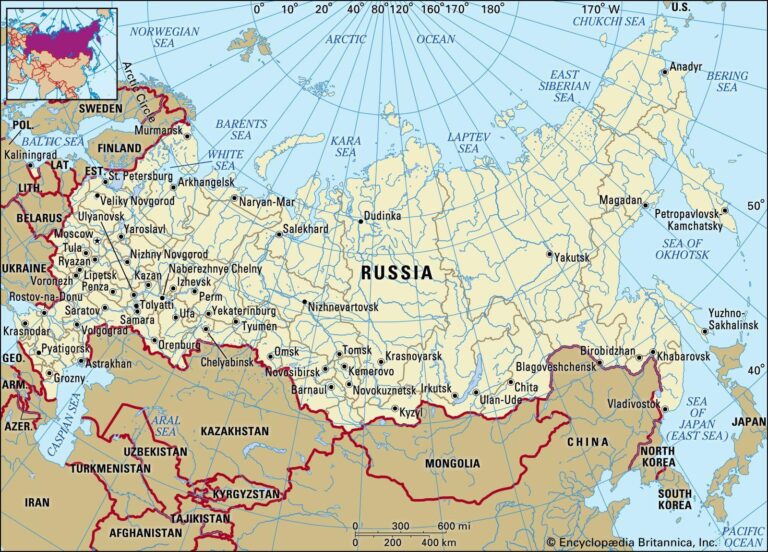Australia has called on Russia to make reparations over the downing of Malaysia Airlines Flight MH17, underscoring its stance that Moscow bears responsibility for the 2014 tragedy. The international outcry follows a comprehensive investigation that attributed the missile strike, which killed all 298 people on board, to Russian-backed separatists in eastern Ukraine. As diplomatic tensions simmer, Australia’s demands add renewed pressure on Russia to acknowledge its role and provide compensation to the victims’ families.
Russia Faces Urgent Calls from Australia to Acknowledge Responsibility for MH17 Tragedy
Australia has intensified its diplomatic pressure on Russia to formally accept responsibility for the downing of Malaysia Airlines Flight MH17 in 2014, which resulted in the loss of 298 lives. Australian officials emphasize that accountability is a critical step toward justice for the victims’ families and the international community. The calls come amid ongoing investigations and international efforts to hold those responsible accountable, underscoring the unresolved tensions surrounding the tragedy.
Key points highlighted by Australian authorities include:
- Demand for full transparency in Russia’s involvement and actions related to the incident.
- Urgency for reparations to support the families and communities devastated by the disaster.
- International cooperation to ensure future aviation safety and prevent similar occurrences.
| Aspect | Status | Australia’s Position |
|---|---|---|
| Investigation Completion | Ongoing | Support full transparency |
| Official Acknowledgment | Not yet made by Russia | Calling for admission of responsibility |
| Reparations | Pending | Demanded by Australia |
Legal Experts Outline Pathways for Enforcing Reparations Against Russia
Legal analysts emphasize that holding Russia financially accountable for the MH17 tragedy requires a multifaceted approach. Experts assert that international courts, including the International Court of Justice (ICJ) and the European Court of Human Rights (ECHR), serve as primary venues for pursuing reparations. These institutions enable victim states and families to demand compensation through established legal frameworks. Additionally, targeted sanctions and asset freezes stand out as practical enforcement mechanisms to discourage non-compliance.
Key pathways outlined by legal experts include:
- Filing claims through international judicial bodies with jurisdiction over state responsibility.
- Utilizing existing bilateral treaties to initiate diplomatic and legal proceedings.
- Seizing frozen Russian assets abroad to allocate reparations directly to victims’ families.
- Coordinated actions by affected states to amplify legal and political pressure.
| Enforcement Method | Expected Outcome | Challenges |
|---|---|---|
| International Court Proceedings | Binding compensation rulings | Protracted litigation timeframe |
| Asset Seizure | Immediate funds recovery | Asset location and ownership disputes |
| Diplomatic Pressure | Political leverage for compliance | Variable effectiveness depending on geopolitical climate |
Australian Government Proposes Concrete Measures to Secure Justice for MH17 Victims Families
The Australian Government has unveiled a series of decisive actions aimed at ensuring justice for the families of the MH17 tragedy. Emphasizing accountability, officials have called for Russia to accept full responsibility and provide reparations for the devastating downing of the flight in 2014. These measures include diplomatic efforts, international legal pursuits, and financial assistance packages tailored to the needs of the victims’ families, reflecting Canberra’s unwavering commitment to justice and closure.
Key initiatives announced:
- Strengthening collaboration with international courts to expedite legal proceedings
- Launching a dedicated compensation fund for affected families
- Enhancing diplomatic pressure through multilateral forums
- Providing ongoing psychological and social support services
| Measure | Purpose | Status |
|---|---|---|
| International Legal Action | Hold perpetrators accountable | Ongoing |
| Victim Compensation Fund | Financial relief for families | In development |
| Diplomatic Engagement | Build international consensus | Active |
Insights and Conclusions
As calls for accountability intensify, Australia’s demand for reparations underscores the ongoing quest for justice in the aftermath of the MH17 tragedy. With diplomatic efforts continuing amid complex geopolitical tensions, the international community watches closely, emphasizing the importance of transparency and responsibility. The outcome of these demands may not only shape the future of Russo-Australian relations but also set a precedent for addressing the consequences of conflicts impacting civilians worldwide.




